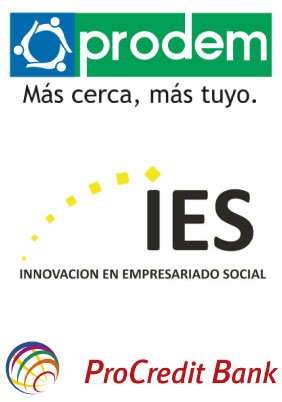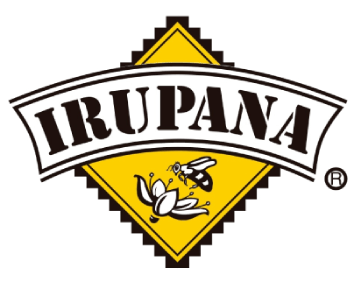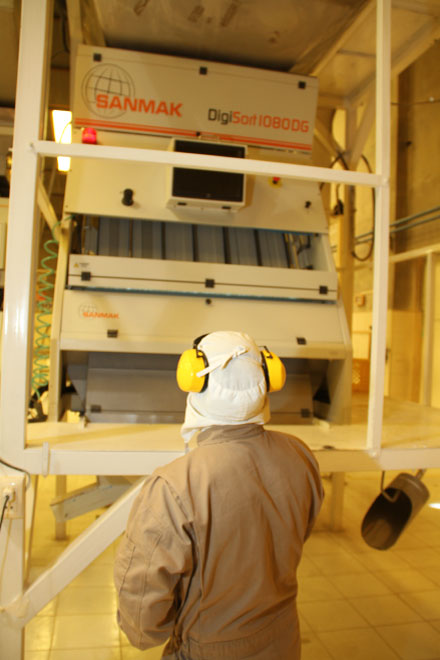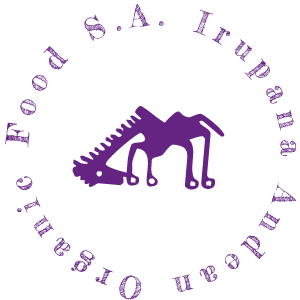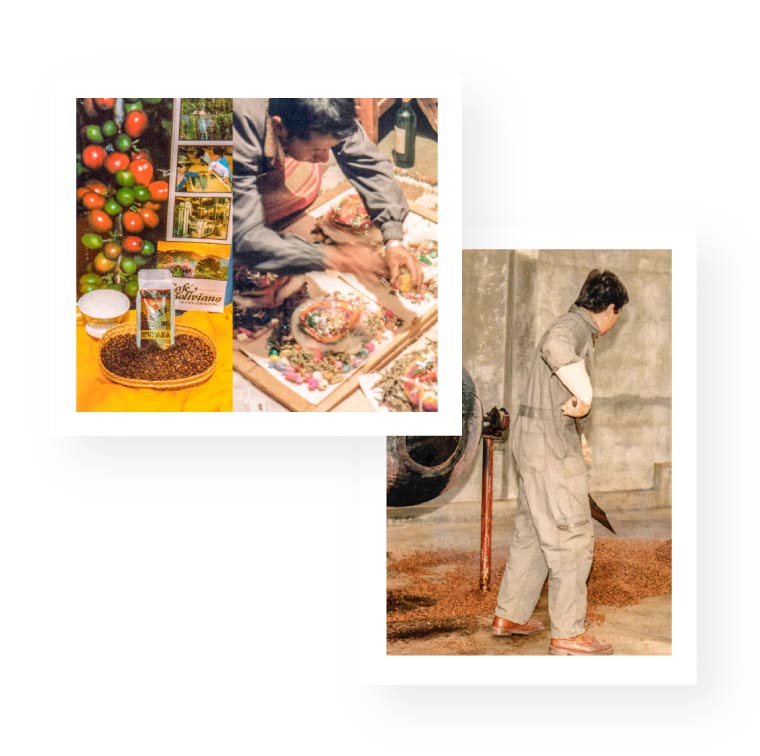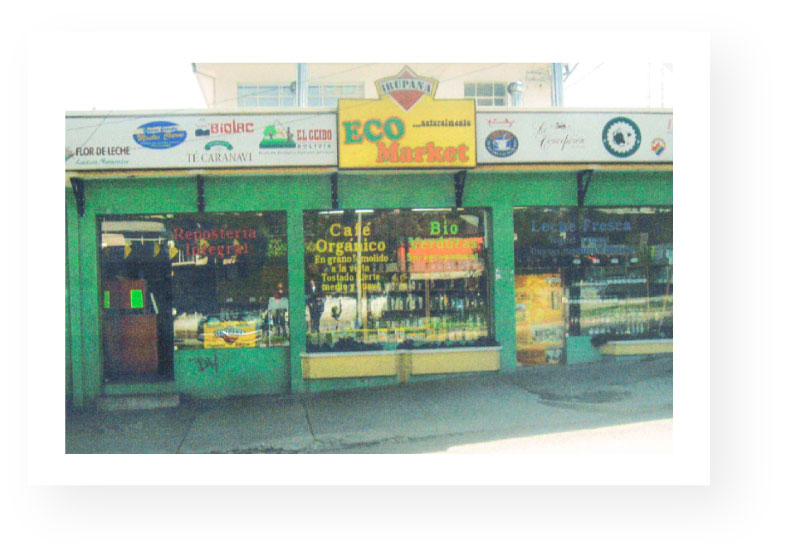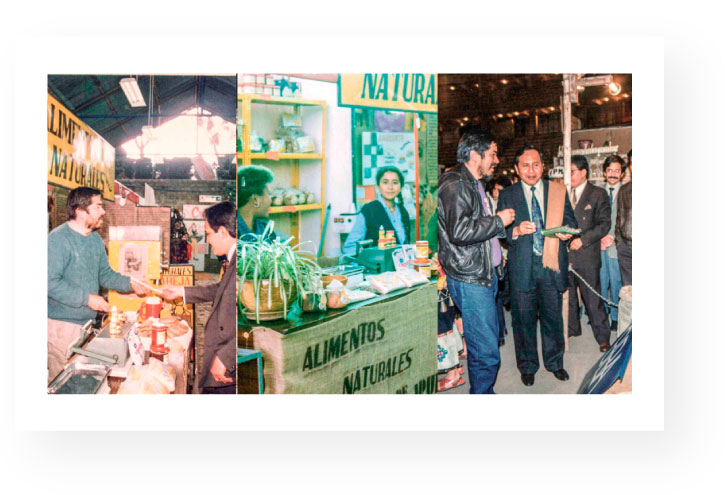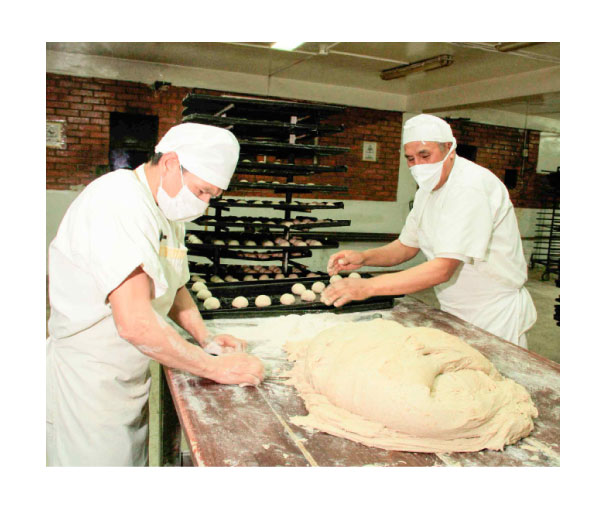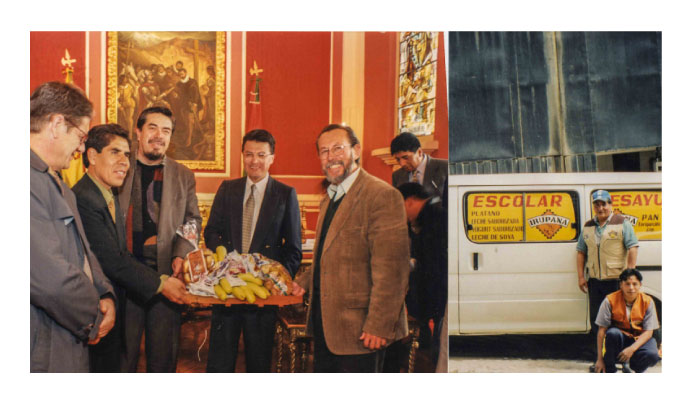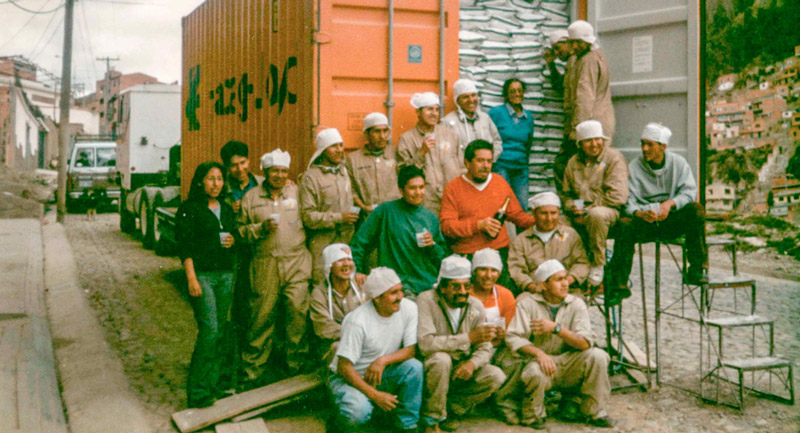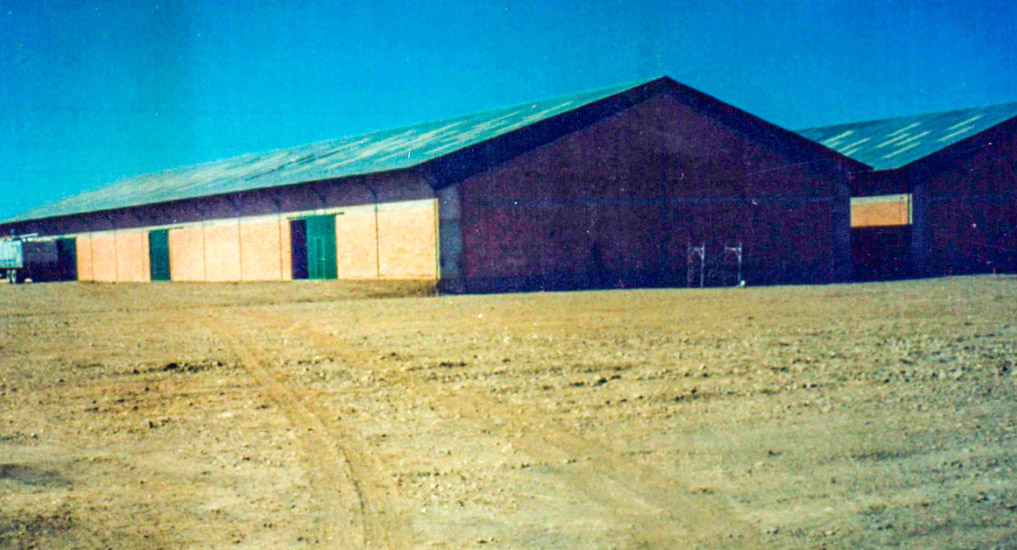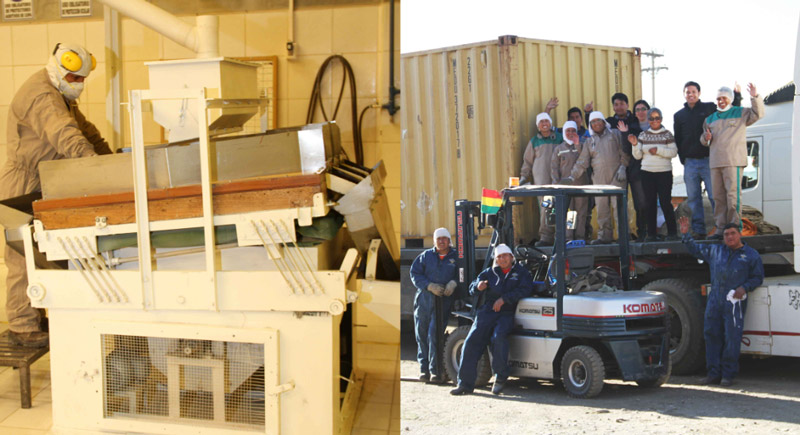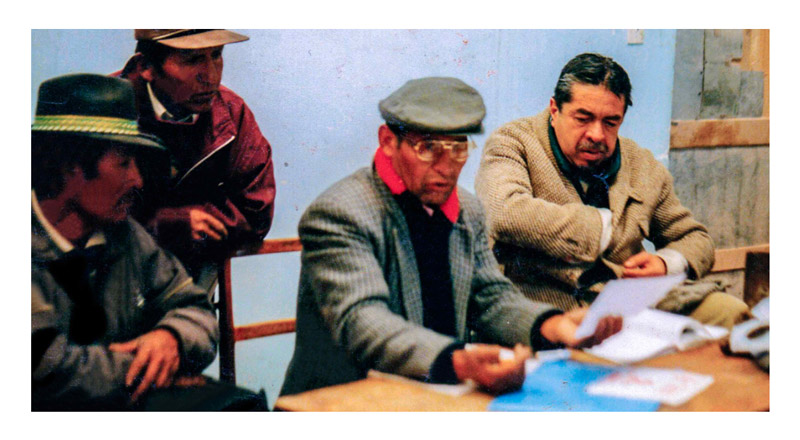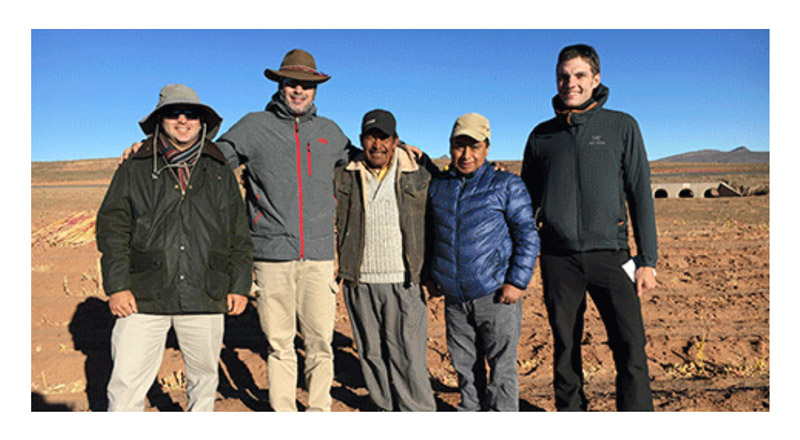Who are we?
Based on the love for our land and its people, we created a business model that starts from the raw material of small producers, which is the Quinoa Real de Origen, consumed for 6000 years.
We have industrialized it, giving it modern forms, maintaining its natural quality and highlighting its nutritional properties in order to give back to our people the fruit of their labor, richly transformed, nutritionally improved and easy to consume.
Mission
Industry specialized in the production of healthy food, with permanent innovation and adoption of appropriate technology, respecting nature and contributing to food security in Bolivia.
Vision
To be a leading company in Bolivia and a world reference in the production of healthy Andean food.

Our History
1987:
May 1 Labor Day.
Irupana opens its coffee roasting plant in Villa La Merced. Javier Hurtado roasts coffee that day in the presence of some guests and the first Ritual Table of gratitude to the Pachamama for that enterprise is held.
Irupana begins its activities with the delicious coffee from the Irupana area, located in Sud Yungas in the department of La Paz.
A sun-dried coffee whose beans have been carefully selected from the beginning.
1992:
Irupana's own stores
In 1992, Irupana already had a varied offer of natural products based on Andean cereals, honey, bee honey, beehive fruits and whole grain bakery.
The model that Irupana chose to reach its end consumers was the company's own specialized stores, where it had trained personnel who could explain the benefits, uses and origins of the different products.
The Irupana store is a point of sale of Irupana products and other enterprises of the same line: National Products - Nutritious and Natural. With this concept Irupana wants to serve as a bridge for small quality enterprises to reach the national market and at the same time, offer its young clientele, products without chemical additives, selected and nutritious products that come from enterprises friendly with nature.
Strategy: Proprietary Stores and Fairs
Irupana's strategy of own stores was also accompanied by its participation in local fairs, where in the first years Irupana won important awards that allowed the company to be visible in front of financing organizations and international companies.
The fairs allowed the company to become more and more known, they were and are events where we can give information about the benefits and uses of the products and... something very important: to meet our customers, listen to their needs and opinions.
1993:
The Integral Bakery is born
at the Villa La Merced Plant
We finished building the brick kilns and the activity begins on our own land.
Irupana started its bakery activities in 1989 by purchasing the services of a baker's house, then it was done in the Ciudad del Niño with groups of children who were learning trades... finally we learned that in order to control the quality and production volumes according to market demand, we had to have a plant.
